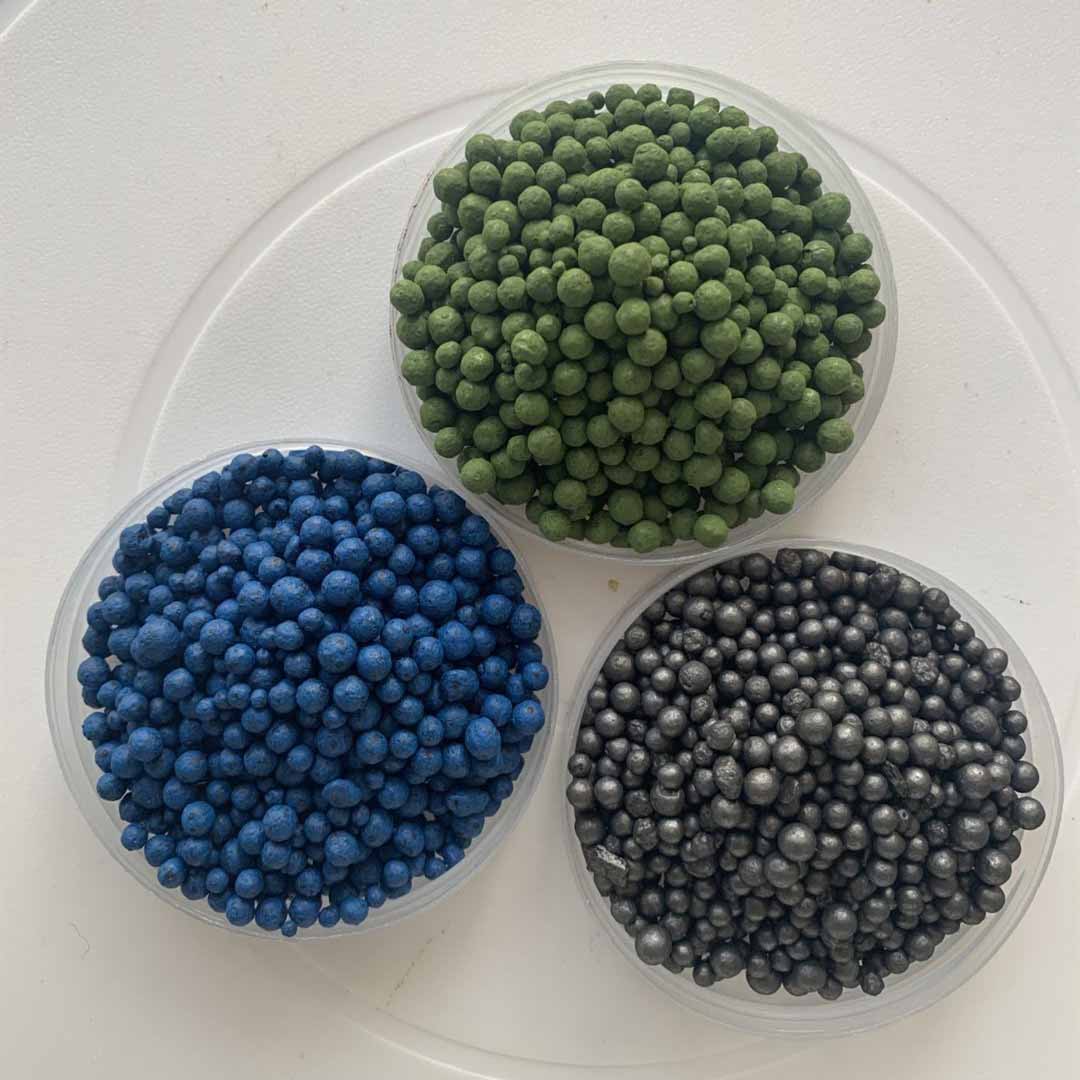
Dec . 18, 2024 09:46 Back to list
Potassium Humate Benefits for Plants and Its Role in Agriculture Production
The Benefits of Potassium Humate for Plant Growth in Agriculture
Potassium humate is an organic compound derived from the decomposition of organic matter, primarily lignin and humic substances. It plays a crucial role in enhancing plant growth and improving soil quality. As a product widely used in factories and agricultural sectors, potassium humate has gained recognition for its numerous benefits, making it a valuable asset for farmers and gardeners alike.
What is Potassium Humate?
Potassium humate is a potassium salt of humic acid, which is a natural component of soil organic matter. It is typically obtained from leonardite, a sedimentary rock rich in humic substances. This compound exhibits excellent chelating properties, allowing it to bind essential nutrients and make them more available to plants. As such, potassium humate can help address nutrient deficiencies and promote healthier plant growth.
Nutrient Availability and Soil Health
One of the primary benefits of potassium humate is its ability to increase nutrient availability in the soil. It enhances the solubility of macronutrients such as nitrogen, phosphorus, and potassium, as well as micronutrients like iron, manganese, and zinc. When applied to the soil, potassium humate enhances cation exchange capacity (CEC), which improves the soil's ability to retain nutrients and water. This is particularly beneficial for sandy soils, which tend to drain quickly and lose nutrients rapidly.
By improving soil structure and aeration, potassium humate can also promote microbial activity. This increased microbial population helps break down organic materials more efficiently, releasing nutrients and enhancing overall soil fertility. Healthy soil is fundamental to sustainable agriculture, as it supports robust root development and enhances plant resilience against pests and diseases.
Enhanced Plant Growth and Yield
Plants treated with potassium humate often exhibit improved growth rates, root development, and overall vigor. Research has shown that the use of potassium humate can lead to a significant increase in crop yields, making it a preferred choice for growers looking to maximize production. In studies, crops such as tomatoes, cucumbers, and various cereals have shown improved flowering, fruit set, and yields when treated with potassium humate.
The humic acids in potassium humate also play a role in promoting physiological processes in plants. They can enhance the photosynthesis rate, improve nutrient uptake, and stimulate root growth. This results in healthier plants that are better equipped to cope with environmental stressors, such as drought and salinity, ultimately leading to more sustainable farming practices.
potassium humate for plants factory

Application Methods
Potassium humate can be applied in various ways to maximize its benefits for plants. It is available in granular, liquid, and powdered forms, making it versatile for different agricultural practices. The best application method often depends on the specific crop, soil type, and growth stage of the plants.
1. Soil Application This method involves mixing potassium humate into the soil before planting. It can also be incorporated during planting to ensure that nutrients are readily available to young seedlings.
2. Foliar Spray Diluted potassium humate solutions can be applied directly to the foliage of plants. This method allows for quick absorption of nutrients and can be particularly effective during critical growth stages.
3. Irrigation Potassium humate can be added to irrigation water, ensuring that plants receive a steady supply of nutrients with each watering. This method promotes uniform nutrient distribution and can enhance the efficiency of fertilizer use.
Environmental Benefits
In addition to promoting plant growth, potassium humate contributes to environmental sustainability. Its ability to improve soil structure reduces erosion and runoff, thus protecting water quality in nearby ecosystems. Moreover, by enhancing nutrient use efficiency, it decreases the need for synthetic fertilizers, which can lead to soil degradation and water pollution.
Conclusion
Potassium humate is a powerful tool for enhancing plant growth and soil health. Its ability to improve nutrient availability, boost crop yields, and foster sustainable agricultural practices makes it indispensable for modern farming. As farmers and agriculturalists increasingly seek eco-friendly solutions to meet the growing demands of food production, potassium humate stands out as a natural, effective, and sustainable option. Through its application, we can achieve healthier crops and contribute to a more sustainable agricultural system.
-
Premium Organic Manure Compost for Eco Gardens
NewsAug.01,2025
-
Organic 10-10-10 Fertilizer | Balanced Plant Nutrients
NewsJul.31,2025
-
Premium Amino Acid Fertilizer | Rapid Plant Growth Booster
NewsJul.31,2025
-
10 10 10 Fertilizer Organic—Balanced NPK for All Plants
NewsJul.30,2025
-
Premium 10 10 10 Fertilizer Organic for Balanced Plant Growth
NewsJul.29,2025
-
Premium 10 10 10 Fertilizer Organic for Balanced Plant Growth
NewsJul.29,2025
